What follows are programme notes for the “Conservative Song” segment of Radio Carpe Diem compiled by Dominik Giemza. The notes were produced for a broadcast of Monday, 4 July 2011, and form the basis of a live on-air discussion about conservative and traditionalist themes that can be inferred from items of popular music. Radio Carpe Diem is Australia’s only paleoconservative and traditionalist radio programme and can be accessed online or free to air at 88.9FM at 8:00pm to 10:00pm Mondays (Sydney, Australia). Readers’ comments are welcome here at SydneyTrads. Listeners are encouraged to tune in and engage in the discussion.
Turning to Our Father in Times of Need
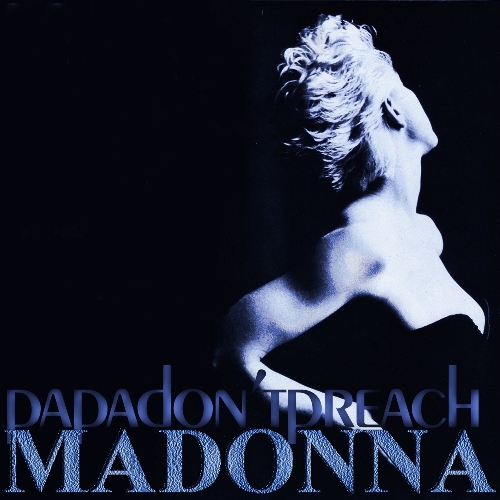 Introduction
Introduction
Tonight we are going back to the 1980s with a very unexpected song by Madonna that in my mind is one of the most subversive conservative songs ever. A song about teenage pregnancy and abortion but also a song about fatherhood (the bit that that is often missed in critical reviews of the song). It has so polarized opinion that even Madonna herself willfully misunderstands it – as we will see from two quotes below.
Here is a quote from 2009 which we will use for comparison later. In 2009, during an interview with Rolling Stone Madonna was asked by the interviewer Austin Scaggs as to why the theme of the song was meaningful to her. She replied saying that the song: “just fit right in with my own personal zeitgeist of standing up to male authorities, whether it’s the pope, or the Catholic Church or my father and his conservative, patriarchal ways.” Now let’s look at the facts:
The song was written by Brian Elliot with some additional lyrics by Madonna, and produced by Stephen Bray and Madonna for her third studio album True Blue, released in June 1986. The songs writer was pretty clear on where he stood on the song: “I just wanted to make this girl in the song a sympathetic character. As a father myself, I’d want to be accessible to my children’s problems.”
Notes for the Discussion
As the song’s popularity increased in the U.S., so did the criticism and support it received from groups concerned with pregnancy and abortion. In July 1986, shortly after the release of the video for “Papa Don’t Preach”, this is what Madonna said about the song, to music critic Stephen Holden from The New York Times:
“‘Papa Don’t Preach’ is a message song that everyone is going to take the wrong way. Immediately they’re going to say I am advising every young girl to go out and get pregnant. When I first heard the song, I thought it was silly. But then I thought, wait a minute, this song is really about a girl who is making a decision in her life. She has a very close relationship with her father and wants to maintain that closeness. To me it’s a celebration of life. It says, ‘I love you, father, and I love this man and this child that is growing inside me.’ Of course, who knows how it will end? But at least it starts off positive.”
People that criticized the song’s message include Ellen Goodman, a national syndicated columnist, who called the video “a commercial for teenage pregnancy.” Feminist lawyer Gloria Allred, the spokeswoman of the National Organization for Women (NOW), angrily called for Madonna to make a public statement or another record supporting the opposite point of view. Alfred Moran, the executive director of Planned Parenthood of New York City, also criticized the song, fearing that it would undermine efforts to promote birth control among adolescents and that it would encourage teenage pregnancy. Recalling how his agency’s clinics were filled in 1985 with girls wearing clothes that were an imitation of Madonna’s style, Moran said that the song’s message is
“that getting pregnant is cool and having the baby is the right thing and a good thing and don’t listen to your parents, the school, anybody who tells you otherwise—don’t preach to me, Papa. The reality is that what Madonna is suggesting to teenagers is a path to permanent poverty.”
In contrast, groups opposed to abortion saw “Papa Don’t Preach” as a positive, pro-life song. Susan Carpenter-McMillan, the president of the California chapter of Feminists for Life (FFL) in the U.S., said that “abortion is readily available on every street corner for young women. Now what Madonna is telling them is, hey, there’s an alternative.” Tipper Gore, a founder of the Parents Music Resource Center (PMRC), who a year earlier denounced Madonna for the sexual lyrical content of her single “Dress You Up,” and had led a campaign against explicit content in music, commended Madonna for speaking candidly about such a serious subject and important social issue.
Madonna avoided the controversy, and did not comment on the song’s use as a pro-life statement. Her publicist, Liz Rosenberg, said that “she [Madonna] is singing a song, not taking a stand“, adding that “her philosophy is people can think what they want to think.”
Although having feminists criticise a song is usually a strong basis for concluding it’s conservative. Let’s see what it means when we look at the words. Both the opening verse and the chorus set up the drama of a teenage girl revealing her pregnancy to her father. This is quite powerfully played out in the superb video clip which stars the great Danny Aiello as Madonna’s working class ‘single dad’ father.
The key to the subversion is that Madonna wails “Papa Don’t Preach” repeatedly in the chorus – which may be a reference to Catholicism but the verses say not that she is admonishing her dad rather that she is expressing her dread and trepidation through this boisterous statement. Why – because in no way does the challenge his wisdom and authority. Let’s see (second verse):
You always taught me right from wrong
I need your help, daddy please be strong
I may be young at heart
But I know what I’m saying
These are not the words of someone challenging patriarchy rather one seeking comfort in it. It’s also saying these are considered words of someone coming of age and someone who knows how she was brought up. She then confirms the correctness of his judgement:
The one you warned me all about
The one you said I could do without
We’re in an awful mess, and I don’t mean maybe – please
Doesn’t sound like a challenge to me. Rather acceptance that father may know better than the unwise child. So when in the chorus she is telling her father not to preach it’s because she needs advice, wisdom, counsel and approval: As she sings “All I need now is some good advice.”
The only thing that she is certain about (other than not wanting her father to preach) is that she is “keeping her baby”. Again – one wonders if it’s a reference to Catholicism. Certainly in the following verse we find she is thinking about marriage resisting peer pressure for an abortion and looking to marriage as a basis for resolving the situation:
He says that he’s going to marry me
We can raise a little family
Maybe we’ll be all right
It’s a sacrificeBut my friends keep telling me to give it up
Saying I’m too young, I ought to live it up
What I need right now is some good advice, please
The song and the music clip reach their high drama at the end just as she sings the coda ending which signifies that the anger may really be insecurity on her part as to the consequences of making this revelation to her father:
Oh, I’m gonna keep my baby, ooh
Don’t you stop loving me daddy
I know, I’m keeping my baby
This in the clip is followed first by lots of angst ridden posing and menacing tension followed by a warm reconciliation with her father (As if he would stop loving her!)– It becomes an appetite for wisdom and love that is satiated – again it’s as pro patriarchy as it can get isn’t it? Indeed if one was ultra subversive one could say that much of the song could easily be rephrased as a prayer to that other father that we all have – something I think about when she reaches up to take Danny Aiello’s hand in the final scene of the clip – where his shadow is standing above her.
So this song is really a celebration of a strong young woman (strong because of, not in spite of the way she was brought up) who knows more than the fact that she is in trouble, she knows right from wrong and she knows that she needs the counsel of a wise man at this time, her father and perhaps metaphorically our father. In all respects this is more than just a pop song – it’s a conservative song – as the chorus of whining feminists will attest to!
Lyrics
Papa I know you’re going to be upset,
‘Cause I was always your little girl,
But you should know by now,
I’m not a baby.You always taught me right from wrong,
I need your help, daddy please be strong,
I may be young at heart,
But I know what I’m saying.The one you warned me all about,
The one you said I could do without,
We’re in an awful mess, and I don’t mean maybe – please.[Chorus:]
Papa don’t preach, I’m in trouble deep,
Papa don’t preach, I’ve been losing sleep,
But I made up my mind, I’m keeping my baby, oh,
I’m gonna keep my baby, mmm…He says that he’s going to marry me,
We can raise a little family,
Maybe we’ll be all right,
It’s a sacrifice.But my friends keep telling me to give it up,
Saying I’m too young, I ought to live it up,
What I need right now is some good advice, please.[chorus]
Daddy, daddy if you could only see,
Just how good he’s been treating me,
You’d give us your blessing right now,
‘Cause we are in love, we are in love, so please.[chorus]
Papa don’t preach, I’m in trouble deep,
Papa don’t preach, I’ve been losing sleep.Oh, I’m gonna keep my baby, ooh,
Don’t you stop loving me daddy,
I know, I’m keeping my baby.
– Dominik Giemza
The writer is a legal practitioner and the co-host of Carpe Diem Radio’s regular segment: the “Conservative Song” . The above notes were drafted for a live and on air debate about conservative and traditionalist themes which can be found in popular music. Listeners can access Radio Carpe Diem either on air at 2RSR 88.9FM in the greater Sydney region, each Monday between 8:00pm and 10:00pm, or streaming live via TuneIn.com. Feedback is welcome.
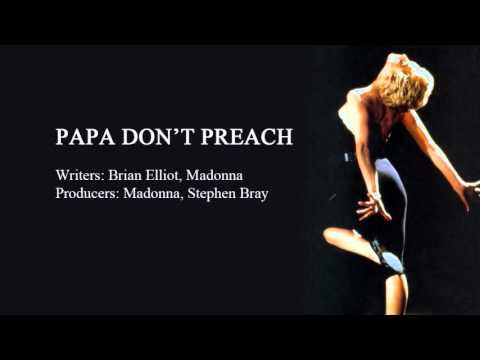

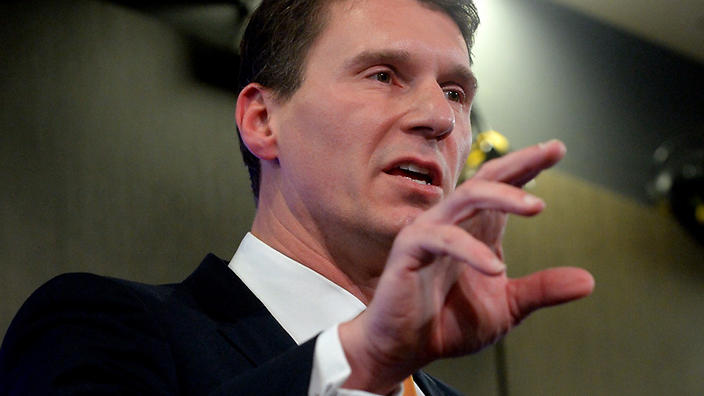
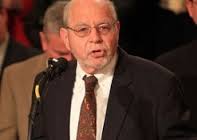
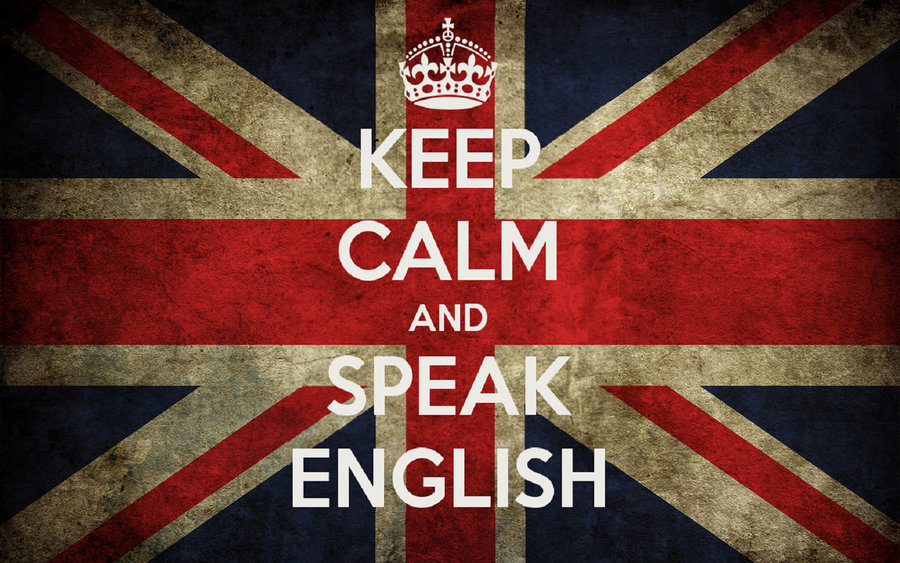
In the article, you say that she sings, “All I need right now is some good advice.”
She actually says “What I need right now is some good advice.” “What”, not “all.”
You got it right in the full lyrics you included at the end of the article, but just a mistake I found in the article itself. Mistakes like this make it less likely that others can have faith in the other things you said (since if you got that wrong, what else might you be getting wrong?).
Cheers!